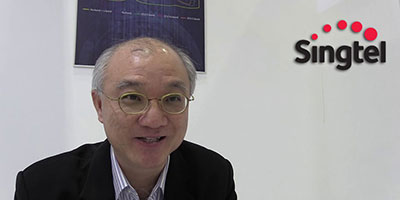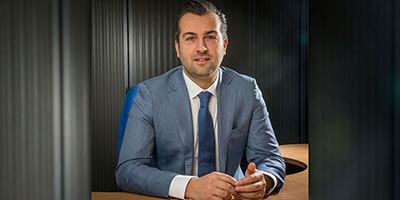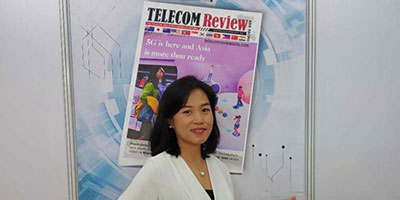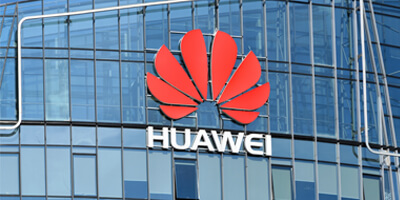Tan Tian Seng, director, products and marketing at Singtel Satellite discussed in an exclusive interview with Telecom Review how the company is offering its customers a seamless communications experience. He also explained why Singtel Satellite is not involved in the aviation sector and how 5G will change the satellite industry.
Featured Articles
5G is already generating revenue for us, says Newtec CEO
ExpiredThe satellites industry can be broader than we think and is a key driver of the digital revolution that is happening today. One of the major satellite players is Newtec. To know more about what the company is showcasing at CommunicAsia 2019 and its involvement in 5G technology, Telecom Review sat with the CEO Thomas Van den Driessche.
How ZTE is leading the way towards China’s tech renaissance
Expired5G has taken the tech world by storm, and it won’t be long before telco companies all over the world start scrambling to get a piece of what is now being heralded as the “fourth industrial revolution.” One of the key players in this high speed race is ZTE Corporation, one of China’s prestigious multinational telecommunications companies. We spoke to ZTE’s director of wireless solutions, Summer Chen to give us a clear insight on what ZTE has been working on in terms of 5G technology development and their plans for the future.
Trump’s Huawei trade ban: Do the means justify the ends?
ExpiredAfter Trump’s numerous attempts to restrict Huawei’s business in the West, he finally built his ‘wall’, the one that has made the Chinese tech behemoth lose its access to the US market.
Network, products and partners allow Iridium to address market needs
ExpiredIridium is the only mobile voice and data satellite communications network that spans the entire globe. Being in business for over 20 years, Iridium delivers an innovative and rich portfolio of reliable solutions for markets that require truly global communications. Telecom Review met with Bryan Hartin, executive vice president of sales & marketing, Iridium at ConnecTechAsia 2019 to talk about the company’s most recent product, the IC-SAT100.
Narrowing the digital divide: How satellite will deliver ubiquitous 5G
ExpiredUltrafast data rates. High availability. Extreme flexibility. Support for an exponentially larger number of connected devices as compared to 4G. 5G promises all of these features, paving the way for a dizzying array of use cases ranging from smart transport to advanced critical communications to autonomous factories to immersive consumer experiences. Analyst firm IHS Markit predicts that 5G will drive $12.3 trillion of global economic output in 2035, enabling enterprises and industries to improve productivity, reduce costs and open the door to new opportunities.
Telcos’ metamorphosis starts with the network
ExpiredTelcos are increasingly adopting a customer-centric approach as the world prepares for the 4th industrial revolution. A seamless customer service is now their ultimate goal, and in order to achieve that, improved network quality is, of course, their first recourse. For the network to enable such a great experience, a complete makeover is required.
MEF: The industry’s first SD-WAN service standard
ExpiredMEF recently announced the public availability of its final draft standard that, for the first time in the industry, defines an SD-WAN service and its various attributes. Telecom Review secured an interview with Pascal Menezes, CTO, MEF, to shed light on this groundbreaking initiative and discuss next steps for SD-WAN market development.
Ekinops VPs discuss presence in the APAC region
ExpiredEkinops is a French company serving the world with a product portfolio that consists of two highly complementary product sets. One, marketed under the EKINOPS 360 brand name, provides a single, fully integrated platform for Metro, Regional, and Long-Haul applications up to 400G. The other, marketed under the OneAccess brand name, provides a wide choice of physical and virtualized deployment options for enterprise services requiring layer 2 and layer 3 network functions.
5G is here and Asia is more than ready
Expired5G is no longer a farfetched technology. It’s here. Vendors around the world have been in a fierce competition to offer operators 5G equipment and lead the way in the digital era. The capabilities of the fifth generation technology are tremendous and so far, Asia has proven itself as a pioneer in this field. Consumers in South Korea - where nationwide 5G mobile network has been launched in a world first - have already subscribed to 5G, Hong Kong has released its 5G spectrum roadmap and China has just issued 5G licenses for commercial use.














